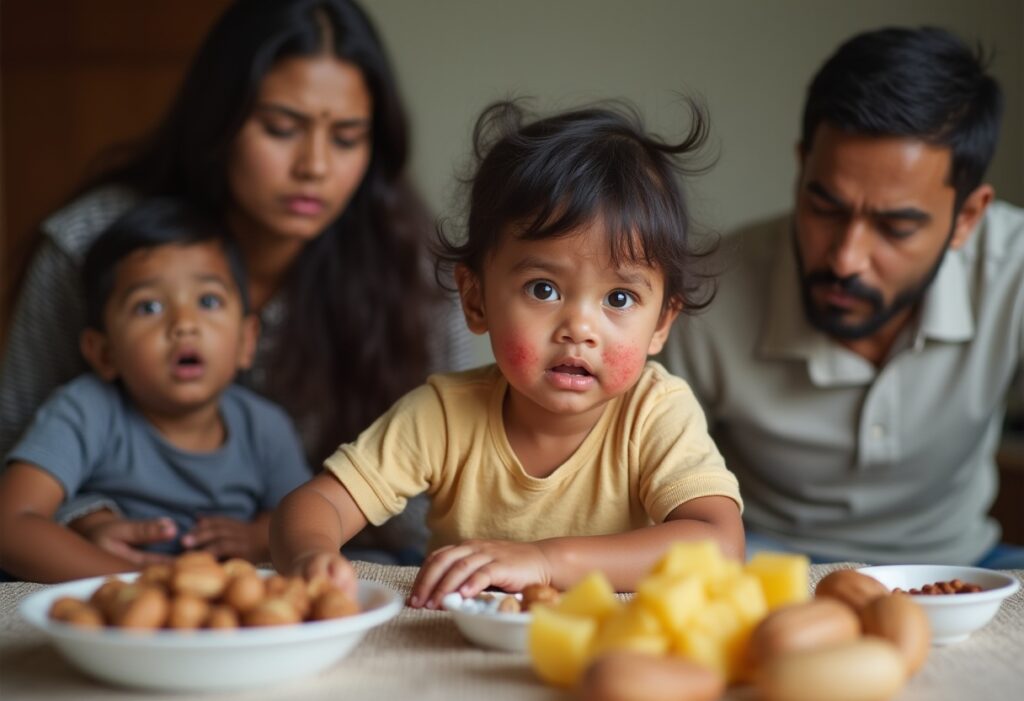
Recognizing and Managing Food Allergies in Children
Food allergies in children are becoming increasingly common, and while many reactions are mild, some can be serious—even life-threatening. As a parent, it’s crucial to recognize the early signs, know what foods to avoid, and understand when medical attention is needed. At Shishuka Children’s Hospital, one of the most trusted names among parents searching for a children hospital or best pediatrician near me, we help families manage food allergies through early diagnosis, education, and expert care.
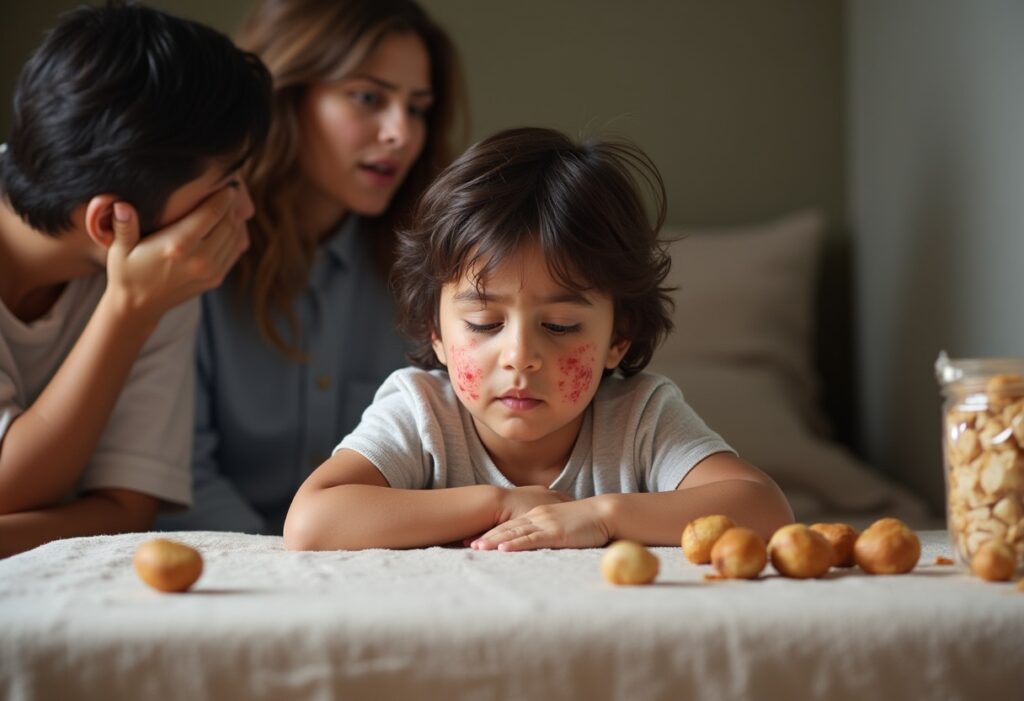
What Is a Food Allergy?
A food allergy occurs when a child’s immune system mistakenly identifies certain proteins in food as harmful. This causes the body to launch an allergic reaction, which can affect the skin, respiratory tract, digestive system, or even lead to anaphylaxis.This is not the same as food intolerance, which doesn’t involve the immune system. Unlike intolerance, a food allergy can be dangerous and sudden.
Common Food Allergens in Children
The most frequent allergy-causing foods include:
- Eggs
- Cow’s milk
- Peanuts
- Tree nuts (e.g. cashews, almonds)
A reaction can occur even with small amounts, which is why parents must read food labels carefully and keep these allergens out of the home if a child is sensitive.

How Do Food Allergies Present in Children?
Symptoms can range from mild to severe and usually occur within minutes to a few hours of consuming the allergen. These may include:
- Skin reactions: rashes, hives, itching
- Gastrointestinal symptoms: vomiting, stomach cramps, diarrhea
- Respiratory symptoms: sneezing, wheezing, coughing, nasal congestion
- Swelling of lips, face, tongue, or throat
- In severe cases: anaphylaxis (difficulty breathing, drop in blood pressure, unconsciousness)
If your child is showing any of the above, especially wheezing or difficulty breathing, visit a pediatrician near me open now or the best child hospital in Bangalore immediately.
Diagnosing Food Allergies
Diagnosing food allergies requires a detailed history and often allergy testing. This may include:
- Skin prick test
- Blood tests (IgE antibody levels)
- Food elimination or supervised food challenge
At Shishuka, our pediatricians and specialists ensure the testing is done in a safe, child-friendly environment. We also help families develop a long-term allergy management plan tailored to their child’s health and nutritional needs.
Treatment and Emergency Care
The primary treatment for food allergies is strict avoidance of the allergen. In cases of accidental exposure:
- Antihistamines may be used for mild reactions
- Epinephrine auto-injectors (if prescribed) are life-saving for severe reactions
- Children with respiratory sensitivity may also need asthma medications, wheeze treatments, or best allergy medicine for asthma
Children with multiple allergies often need long-term support from a developmental pediatrician near me or a pediatric pulmonologist—especially if food reactions trigger asthma-like symptoms.
Why Choose Shishuka for Allergy Management ?
Our team of experienced pediatricians and allergy specialists work closely with families to:
- Identify food allergies early
- Provide a safe and accurate diagnosis
- Help create emergency response plans
- Guide dietary changes and safe alternatives
- Train parents and caregivers on when to seek help
Parents across Bangalore trust Shishuka for everything from routine allergy checks to urgent care, especially when searching for a good pediatrician near me or a pediatrician in Bangalore with allergy expertise.
Related Post

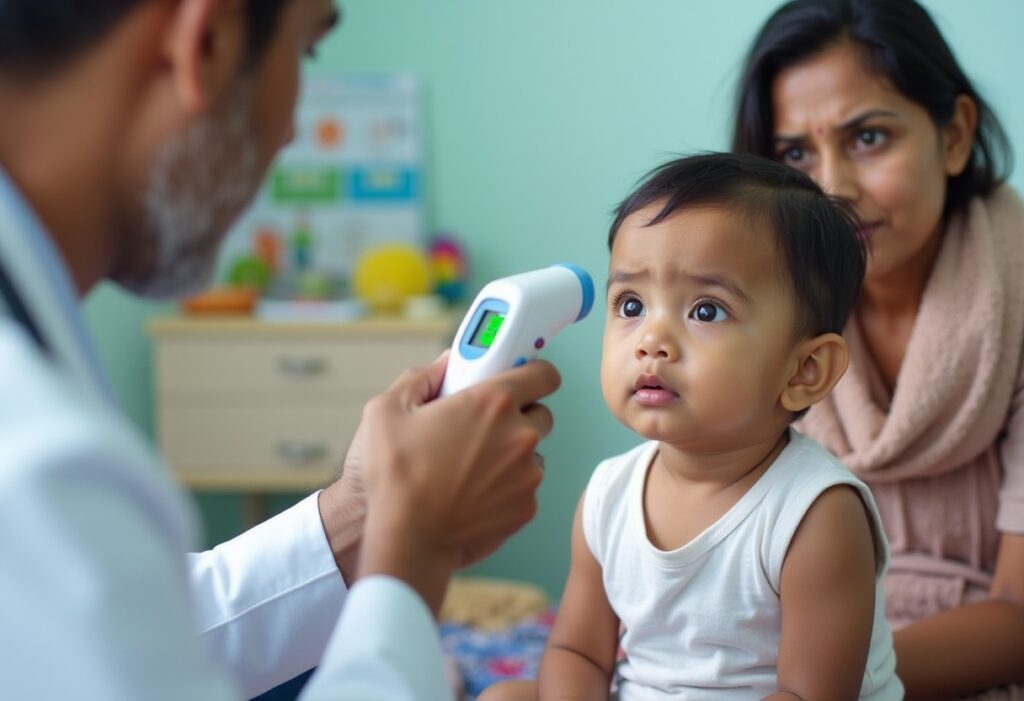

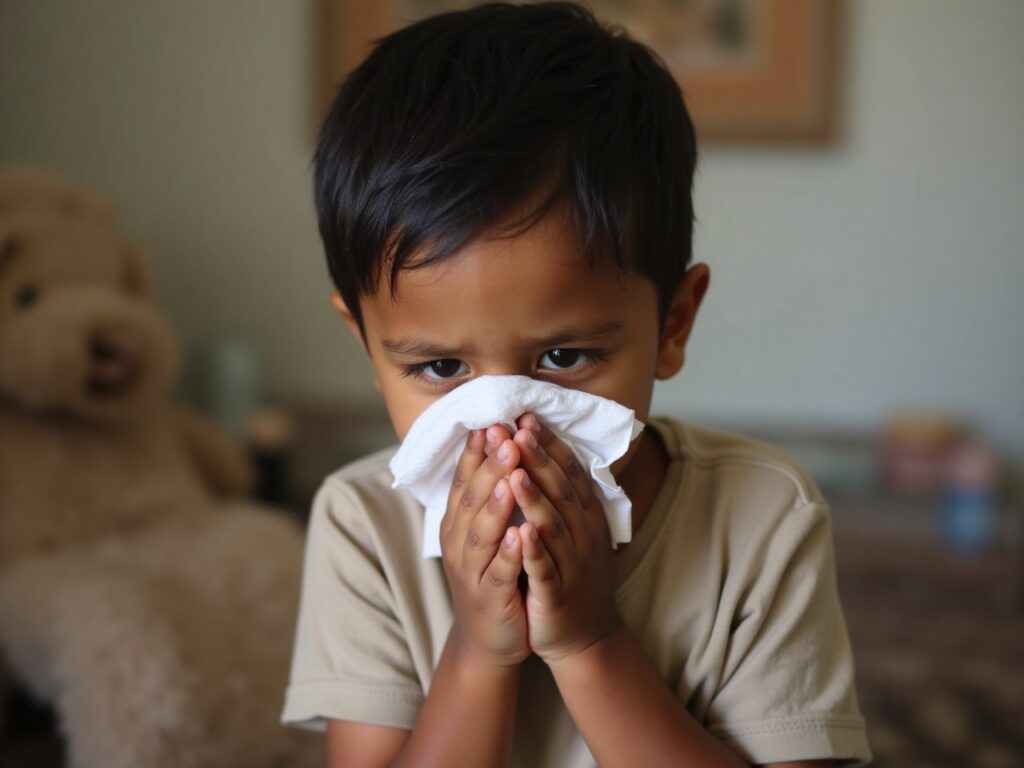
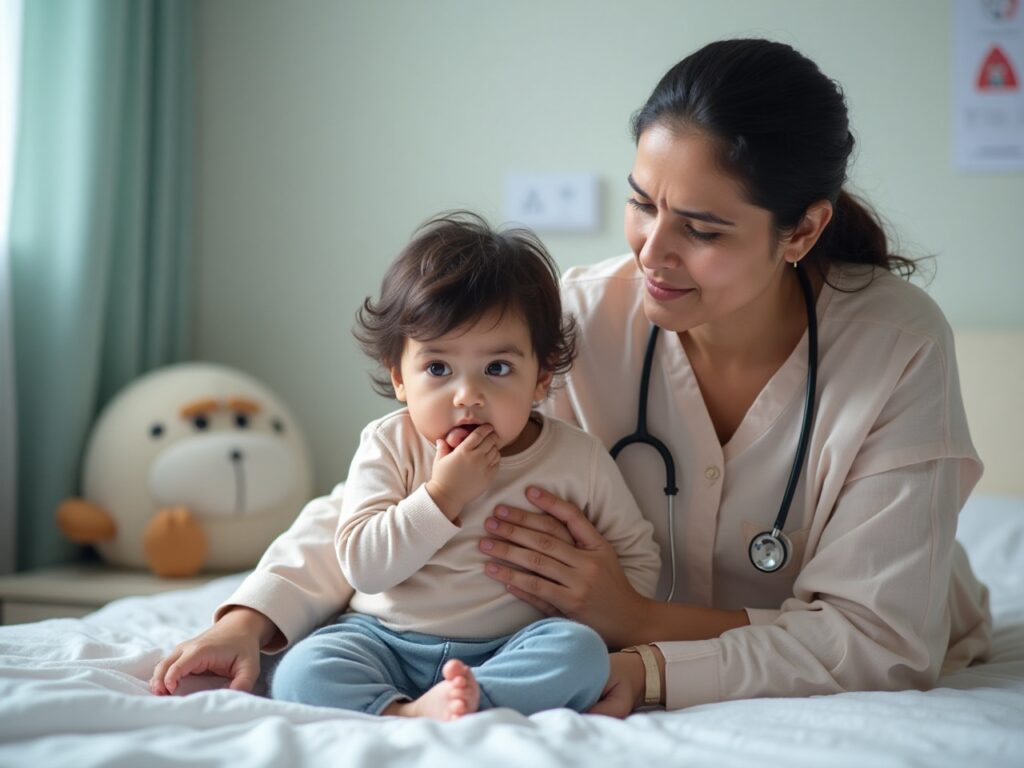
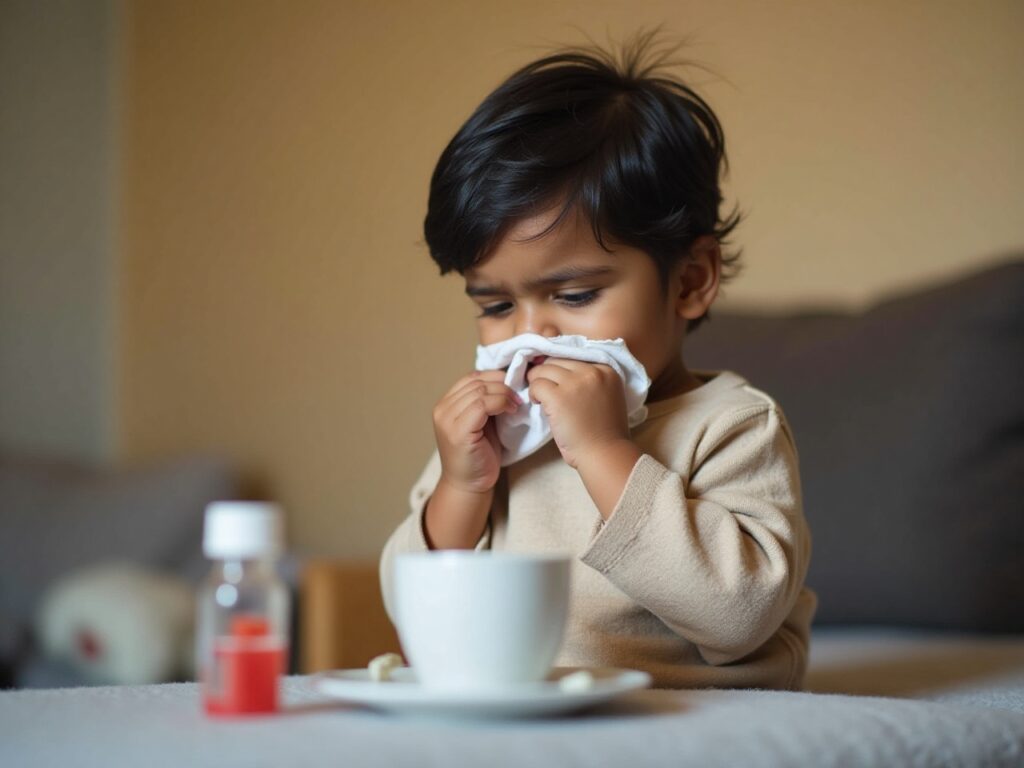

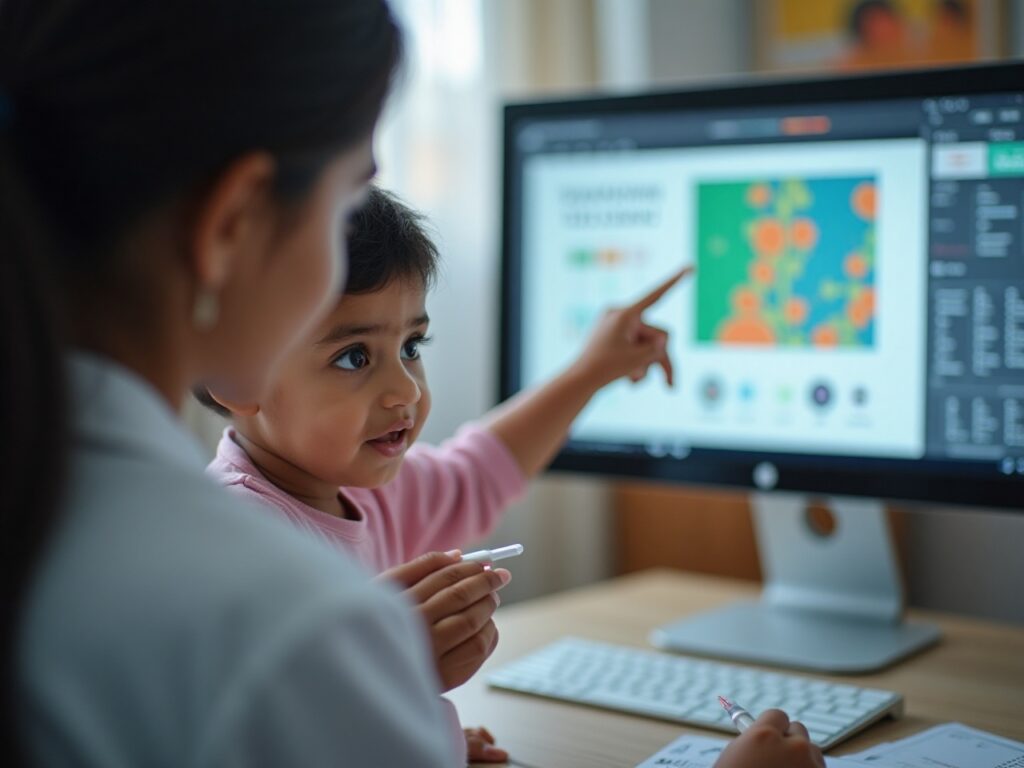
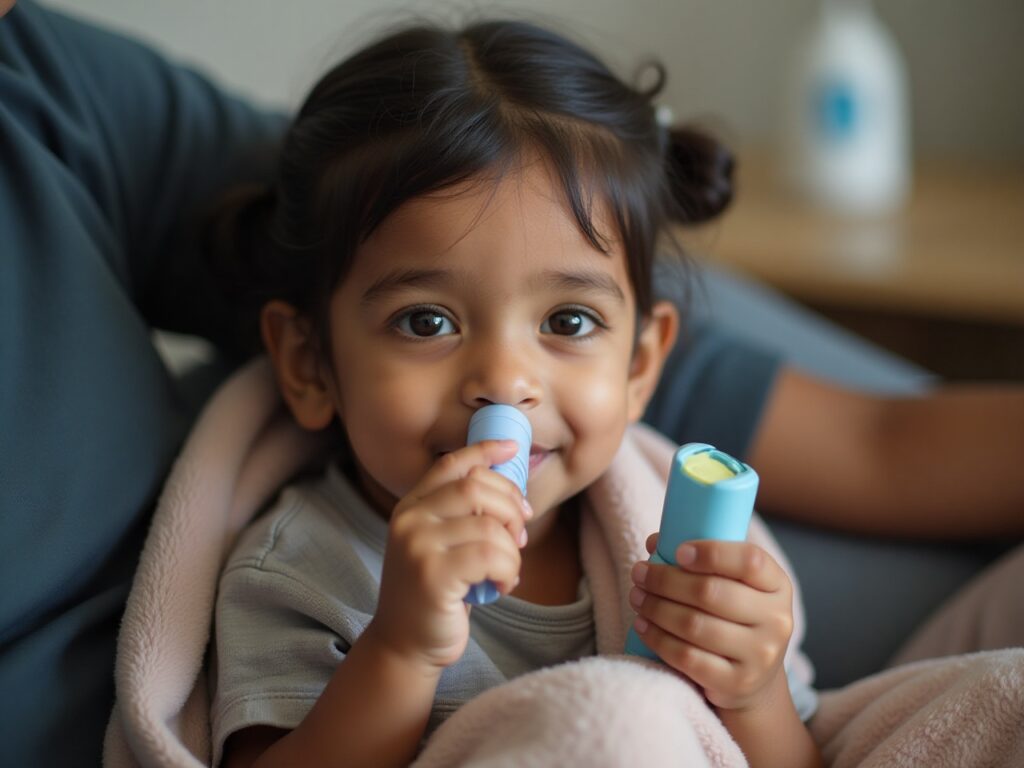
Is Your Child Showing Signs of a Food Allergy?
Get expert diagnosis and personalized care from trusted pediatricians at Shishuka—because early action matters
Book Appointment NowContact us